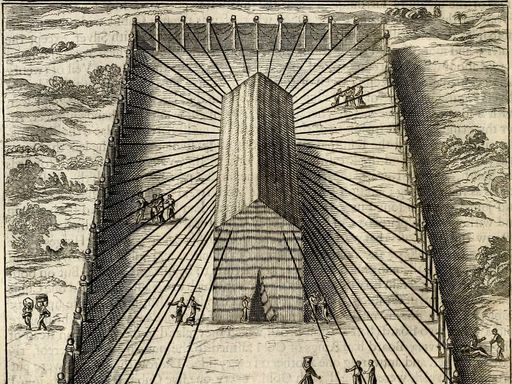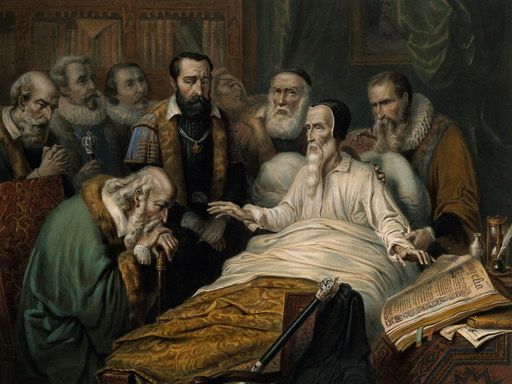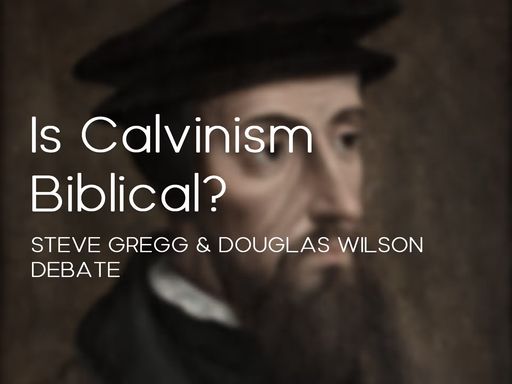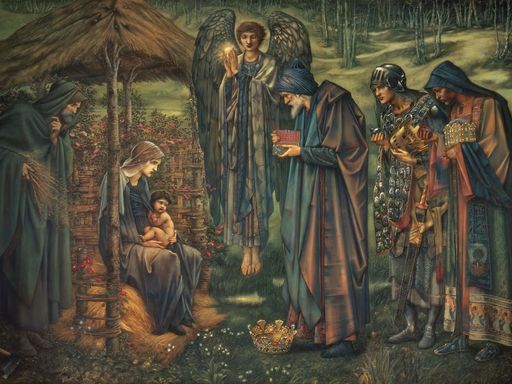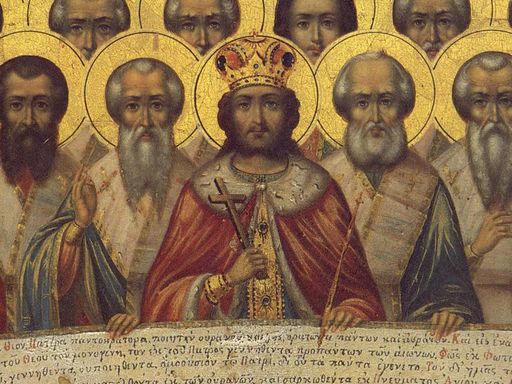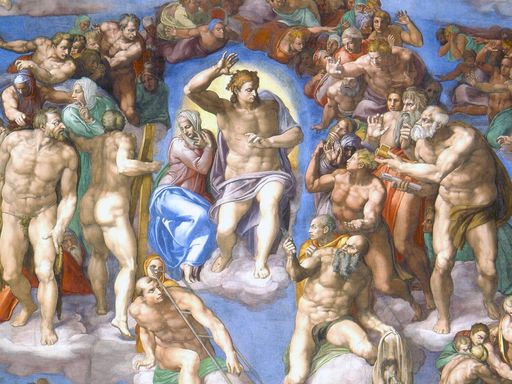
1 Corinthians
Steve Gregg
Steve Gregg provides a verse-by-verse exposition of 1 Corinthians, delving into themes such as love, spiritual gifts, holiness, and discipline within the church. He emphasizes the importance of humility, obedience, and prioritizing the needs of the Christian community.

1 Corinthians 1:1-9
In this commentary on 1 Corinthians 1:1-9, Steve Gregg explores various themes present in the text. The letter written by Paul to the Corinthian church deals with several problems faced by the church, including devisions, immorality, litigation, and chaotic behavior during worship. The central messa

1 Corinthians 1:10-31
In this discourse on 1 Corinthians 1:10-31, Steve Gregg emphasizes the importance of unity in the church and rebukes the sectarian spirit that leads to denominationalism. He notes that while Christians may have different opinions on peripheral issues, they should aim for unity in the essence of the

1 Corinthians 2:1-13
In this discussion, Steve Gregg covers 1 Corinthians 2, addressing themes of disunity, church leadership, and the importance of relying on the power of God over human wisdom. He emphasizes the need to understand spiritual truths and stresses the importance of personal encounters with God's power, wh

1 Corinthians 2:14 - 4:7
In 1 Corinthians 2:14-4:7, Steve Gregg discusses spiritual discernment and the importance of valuing and revering God's word. He highlights that spiritual people are not accountable to human judgment but rather to God and their conscience. The foundation of the church should only be laid once by eva

1 Corinthians 4:8-21
In 1 Corinthians 4:8-21, Paul addresses the issue of divisiveness and carnal behavior in the church, emphasizing the importance of humility and rejecting the pursuit of worldly success and respect. He stresses the need for leaders to be living examples and role models for younger Christians, based o

1 Corinthians 5:1-13
In 1 Corinthians 5:1-13, Steve Gregg addresses the issue of morality and litigation in the Corinthian church, particularly the case of a form of incest. He highlights the need for the church to purge itself of immoral behavior and maintain holiness and discipline. Gregg stresses the importance of th

1 Corinthians 6:1-18
In this exposition, Steve Gregg examines the first half of 1 Corinthians 6, in which Paul advises against Christians taking disputes to secular courts or seeking personal vengeance. Paul emphasizes the importance of living a holy life, avoiding sinful behavior, and trusting in God's ultimate justice

1 Corinthians 7:1-40
In 1 Corinthians 7, Paul responds to various questions from the Corinthians regarding asceticism, celibacy, and marriage, among other issues. He offers advice on remaining celibate, addressing temptation, and the moral implications of sex and marriage. Paul also discusses divorce, remarriage, and be

1 Corinthians 8:1 - 9:15
In his examination of 1 Corinthians 8:1-9:15, Steve Gregg emphasizes the importance of considering the impact of one's actions and avoiding stumbling blocks, even if one has the liberty to do something. Paul distinguishes between stronger and weaker believers, reminding Christians that their behavio

1 Corinthians 9:16 - 10:33
In 1 Corinthians 9:16-10:33, Paul discusses the importance of self-restraint and avoiding behaviors that may hinder the gospel's spread or cause offense to others. He emphasizes the need to focus on the ultimate goal of winning an imperishable crown and encourages Christians to become servants to al

1 Corinthians 11:1 - 16
In this text, Steve Gregg explores the complex and multi-layered themes of 1 Corinthians 11:1-16. He discusses the importance of laying down personal privileges for the good of others, the challenges of interpreting cultural customs, and the principles of observing societal norms that align with the

1 Corinthians 11:14 - 34
In this session, Steve Gregg focuses on the latter half of 1 Corinthians 11, which addresses various forms of disorder and misbehavior in Corinthian worship services. The discussion covers the biblical symbolism of a woman's head covering, the importance of modesty, and the need for self-examination

1 Corinthians 12:1 - 10
Steve Gregg discusses 1 Corinthians 12-14, which are often cited to support the idea of supernatural gifts in the Church. While acknowledging the validity of spiritual gifts, the thrust of the discussion is on advancing spiritual maturity and love for each other. Gregg emphasizes the centrality of l

1 Corinthians 12:10 - 31
The book of 1 Corinthians, specifically chapters 12-14, puts spiritual gifts in proper perspective by emphasizing the importance of love and concern for others. The gift of tongues should be coupled with interpretation to edify the church, while prophecy requires a corresponding gift of discernment.

1 Corinthians 13:1 - 14:19
Steve Gregg delves into the importance of love in 1 Corinthians 13:1-14:19, discussing how love is the key purpose for spiritual gifts and not self-aggrandizement. He notes the Greek word for love, agape, and how this selfless, godlike love is central to Christian theology. The chapter emphasizes th

1 Corinthians 14:20-37
Steve Gregg discusses 1 Corinthians 14:20-37, where Paul addresses the role of spiritual gifts in the church, emphasizing the importance of edifying one another rather than seeking personal blessings, and the use of understandable language to communicate effectively. The passage quotes Isaiah 28, re

1 Corinthians 15:1-16:24
In this comprehensive discussion on 1 Corinthians 15:1-16:24, Steve Gregg examines the significance of Christ's resurrection and the hope of the resurrection of all believers. The passage covers a range of topics, including the post-resurrection appearances of Christ, the defeat of death, eschatolog


